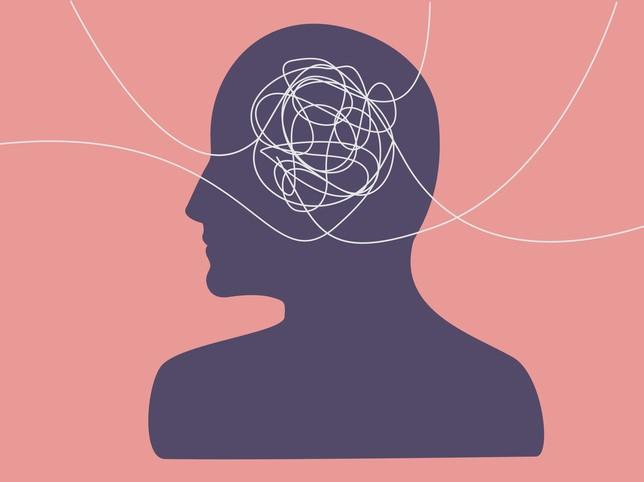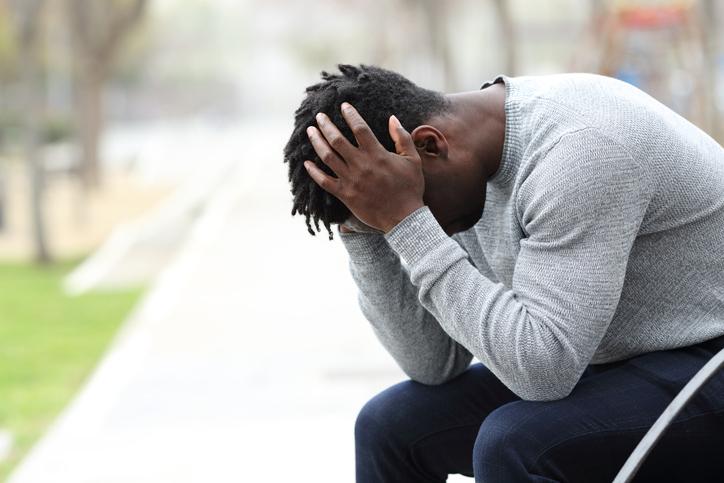
How to know when students need mental health assistance
Academic institutions have a rare opportunity to intervene to help students with mental health challenges, but this requires support and training for staff and faculty, writes Amy Epperley
You may also like
Popular resources
Over three-quarters of US university faculty report having had one-to-one conversations with students regarding mental health in the previous 12 months. This may seem high at first blush, but students have established relationships with faculty members and view them as trusted members of the university. At the same time, most faculty members are not formally trained in mental health. To me, this is a conundrum that must be addressed for student success and well-being.
As places where schoolwork, healthcare, peer networks and living routines are all connected, academic institutions have a rare opportunity to both prevent and intervene to help students with mental health challenges. But this requires support and training for staff and faculty.
We take a public health approach to mental health in higher education at Virginia Tech, emphasising the well-being of the entire community, where everyone shares a common language around resilience and mental health. Hokie Wellness, which was launched in 2010 to serve employees, was extended to health education and services for students in 2016 and now offers prevention services, education, outreach and resources to both students and employees.
Why recognising signs of mental health struggles in students is crucial
Rates of depression and anxiety among university students have roughly doubled in the past decade, according to research; suicide rates are rising, and demand for services is overwhelming academic institutions’ systems. Moreover, these issues intersect with persistent social inequities – students who are from marginalised communities have higher incidences of mental health concerns and longer gaps between recognising mental health issues and seeking treatment.
- Yes, empathy can be taught – here’s how
- How can we help students manage frustration and build resilience?
- Three ways to support the post-pandemic mental health of Generation Z
Poor mental health may decrease interest in the future and symptoms may impede academic activities and productivity. More than 75 per cent of students reported academic impairment owing to emotional or mental health concerns in the previous four weeks, according to the 2023-24 data report from Healthy Minds Network. Not only should this be a concern for moral reasons, but mental health problems that lead to negative academic outcomes also have economic consequences because of potential limitations in future career opportunities and earning potential.
Left unaddressed, mental health issues can escalate into crises, including severe anxiety, deepening depression or even self-harm. Even if a student knows that their mental health is worsening, they may not be aware of available resources; they may not realise that many resources are free, or they may be too overwhelmed to access them. Early intervention can help prevent escalation.
Helping faculty recognise signs of mental health struggles
Students may not always openly express their mental health concerns, so faculty and staff need to be able to identify subtle signs. Training in these skills can begin at onboarding.
At Virginia Tech, all faculty members are oriented on student and employee distress guides. These guides – colour-coded reference sheets – outline actionable and easy-to-understand approaches for four levels of student distress: manageable stress, mild distress, moderate distress and acute distress. The guides delineate how mental health stress can look, sound and manifest. Clues to student distress might include:
- academic indicators such as a sudden drop in grades, missed assignments or frequent absences
- behavioural changes such as noticeable shifts in mood, withdrawal from social interactions or erratic behaviour
- physical manifestations such as persistent fatigue, lack of personal hygiene or significant changes in weight or appearance
- verbal cues such as expressions of hopelessness or stress or references to feeling overwhelmed.
Potential actions include learning what clarifying questions might be asked and how the questions should be phrased – authentically, without judgement, without censure. The guide details mental health resources for both students and faculty members. These range from emergency and crisis support (calling for emergency services, calling the suicide hotline, calling for help from Cook Counseling Center) to everyday resources (such as university hubs in the Beyond Boundaries Collaborative District, financial resources or group workshops). Contact information is essential.
Training and other resources for faculty and staff
Ongoing training and education for university faculty and staff is also important. For example, we offer frequent and no-cost mental health first aid training to all faculty, staff and students at Virginia Tech.
Collaborating across departments is also crucial; partnering with colleagues in academic and student affairs can create a cohesive support network. Support information should include how and when to refer students to resources and be shared with all university stakeholders, so the information is readily available. Our student and employee distress guides, for example, clearly explain when and how to direct students to the Cook Counseling Center or the dean of the Students Office.
Creating an environment where students feel safe discussing their challenges starts with awareness and empathy. Faculty should not wait for students to reach out; instead, approach those who show signs of distress, express genuine concern and share actionable next steps for finding help.
Amy Epperley is senior director of Hokie Wellness at Virginia Tech. She is the recipient of the 2021 Virginia Tech President’s Award in recognition of outstanding contributions and excellence in her role.
If you’re having suicidal thoughts or feel you need to talk to someone, a free helpline is available around the clock in the UK on 116123, or you can email jo@samaritans.org. In the US, the National Suicide Prevention Lifeline is 1-800-273-8255 or simply 988. In Australia, the crisis support service Lifeline is 13 11 14. Other international suicide helplines can be found at www.befrienders.org.
If you would like advice and insight from academics and university staff delivered direct to your inbox each week, sign up for the Campus newsletter.





Comments (0)
or in order to add a comment